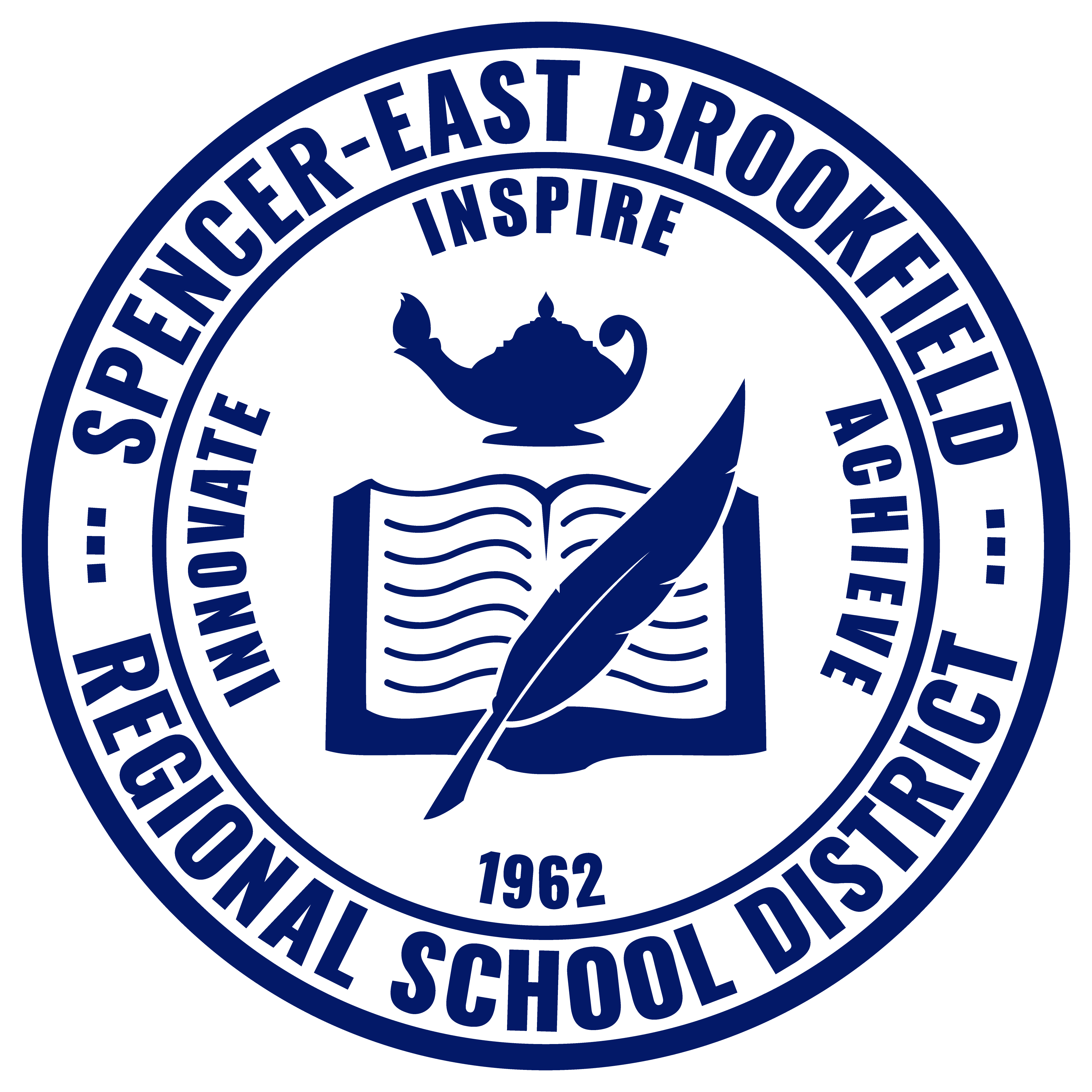Spencer, MA - Early College Designated programs in Massachusetts offer numerous advantages for students, particularly those traditionally underrepresented in higher education. These programs provide a pathway to earn college credit and potentially an associate's degree while still in high school, thereby reducing the time and cost of a full college degree and increasing the likelihood of college completion. They also expose students to college-level coursework and career opportunities, better preparing them for future academic and professional success. Here is a brief snapshot of what the "Early College Designation" is all about...
"Early College Designation" Snapshot:
In Massachusetts, a "DESE Early College Designation" signifies a high school program that has been officially recognized by the Department of Elementary and Secondary Education (DESE) for effectively integrating college coursework into the high school curriculum. This designation ensures students can earn college credits and gain early exposure to higher education while still in high school. Here's a more detailed explanation:
A. What it is:
An Early College Designation is awarded to high schools that partner with higher education institutions to offer structured programs for students to take college courses, often at no cost to the student or their family.
B. Purpose:
The goal is to increase college readiness, reduce time to degree completion, and lower the cost of higher education, particularly for students from underserved communities.
C. Benefits:
Designated Early College programs offer students a structured pathway, enhanced support, and a sense of community to facilitate a seamless transition from high school to college. Here's a closer look at the benefits of David Prouty High School’s Early College partnership with Worcester State University and what it means for our students...
1. Reduced Time and Cost to Degree:
• Early College programs allow students to earn college credits while still in high school, potentially shortening the time it takes to complete a bachelor's degree.
• By accumulating college credits early, students can save significantly on tuition fees and other college expenses.
2. Increased College Completion Rates:
• Early College programs have been shown to increase college completion rates, particularly for low-income students, minority students, and first-generation college students.
• Exposure to college coursework and the college environment helps students develop the skills and confidence needed to succeed in higher education.
3. Enhanced College Readiness:
• Early College provides a smoother transition from high school to college by familiarizing students with the academic rigor, expectations, and support systems of a college environment.
• Students gain experience with college-level coursework, learn how to manage their time and workload, and develop essential study skills.
4. Career Exploration and Pathways:
• Early College programs often incorporate career exploration components, allowing students to explore different career options and connect their coursework to potential career paths.
• This exposure can help students make more informed decisions about their future college majors and career goals.
5. Increased Access for Underrepresented Students:
• Early College programs are designed to be inclusive and accessible to students from diverse backgrounds, particularly those who are traditionally underrepresented in higher education.
• By providing support and resources, these programs help bridge the gap between high school and college for students who may face barriers to higher education.
6. Strong Partnerships and Support Systems:
• Early College programs in Massachusetts are typically a collaboration between a high school and a college or university.
• This partnership provides students with access to a network of support, including academic advisors, counselors, and peer mentors, who can help them navigate the challenges of both high school and college
D. How it works:
These programs typically involve students taking at least 12 college credits, receiving academic and non-academic guidance, and understanding how their coursework relates to career opportunities.
E. The Designation Process:
DESE, along with the Board of Higher Education, jointly launched an initiative to expand Early College programs and established an Early College Joint Committee (ECJC) to oversee the designation process.
F. Current Status:
As of June 18, 2025, there are 73 designated Early College programs across 69 high schools and 32 higher education institutions in Massachusetts.
This number increased with the announcement of 18 new Early College partnerships by the Healey-Driscoll Administration on June 18, 2025, including David Prouty High School and Worcester State University. These new partnerships will allow an additional 1,400 high school students to enroll in Early College programs in the upcoming school year. In total, approximately 10,000 students will be supported by these programs in the 2025-26 school year.
Conclusion:
In conclusion, Early College Designated programs in Massachusetts, specifically ours here in the Spencer-East Brookfield Regional School District between David Prouty High School and Worcester State University, offer substantial benefits for our students, especially those traditionally underrepresented in higher education. These programs provide a valuable pathway for students to earn college credits and potentially an associate degree while still in high school, significantly reducing the time and cost required to complete a full college degree. By exposing students to college-level coursework and career opportunities, Early College programs enhance college readiness and increase the likelihood of college completion. Furthermore, these programs foster strong partnerships and support systems, ensuring that students receive the guidance and resources needed to navigate both high school and college successfully. Overall, Early College programs play a crucial role in bridging the gap between high school and higher education, empowering students to achieve academic and professional success.
For more information on Early College programs and their impact on transforming education, please visit the MA DESE website. As always, thank you for your continued partnership and support of the Spencer-East Brookfield Regional School District!
Sincerely Yours,
Paul S. Haughey, Ed.D.
Superintendent of Schools
Spencer-East Brookfield Regional School District

